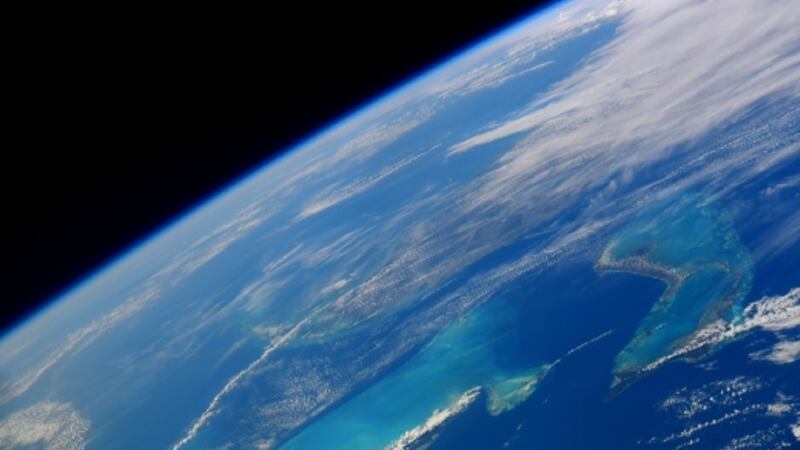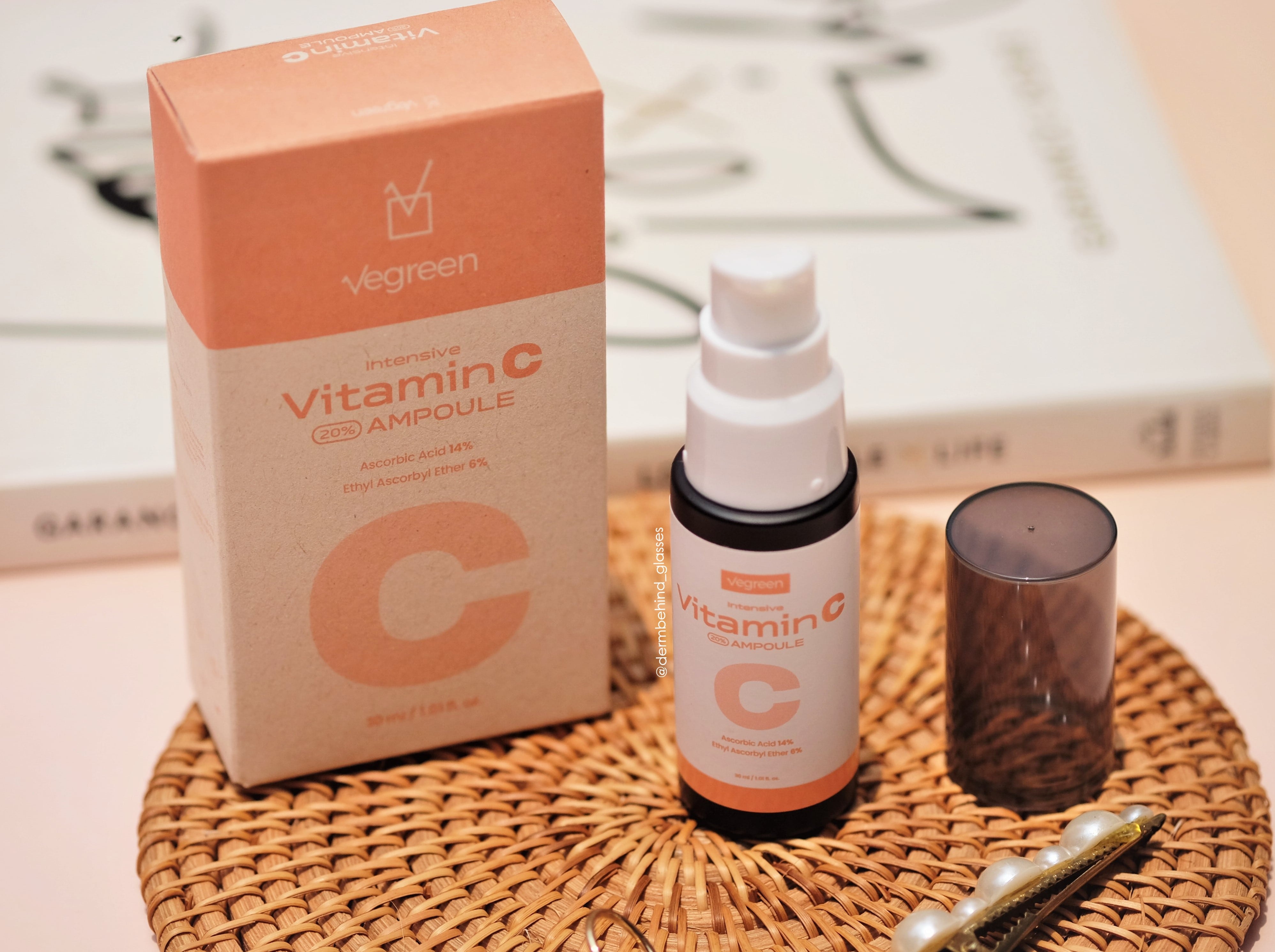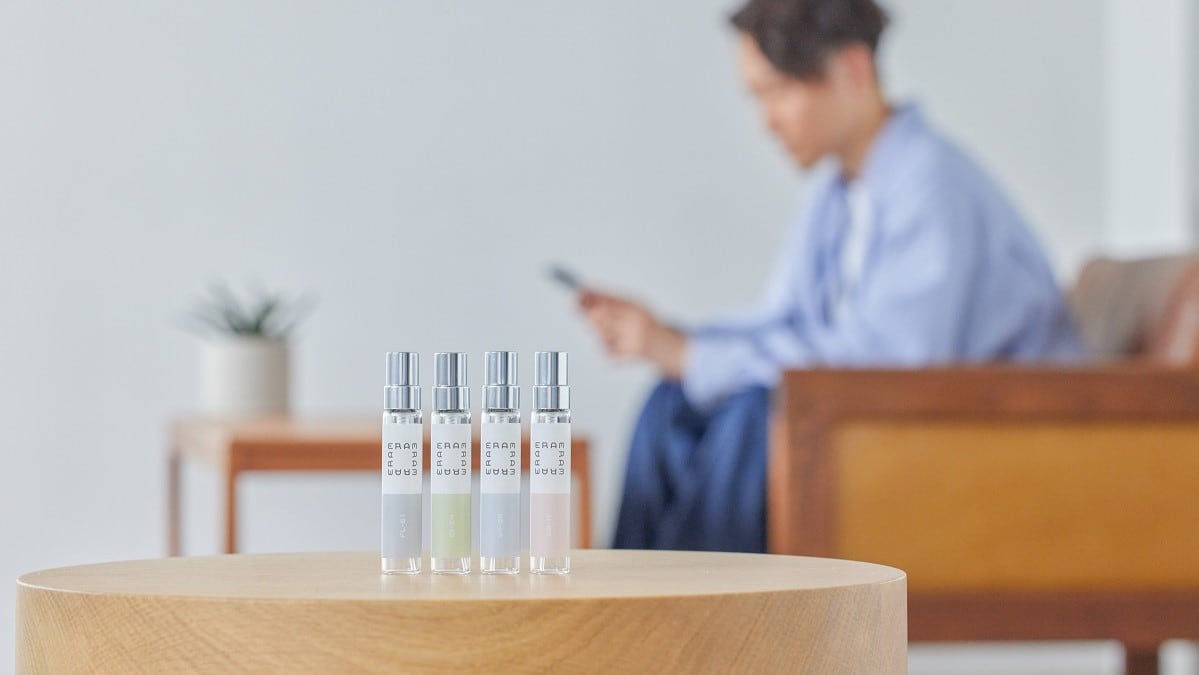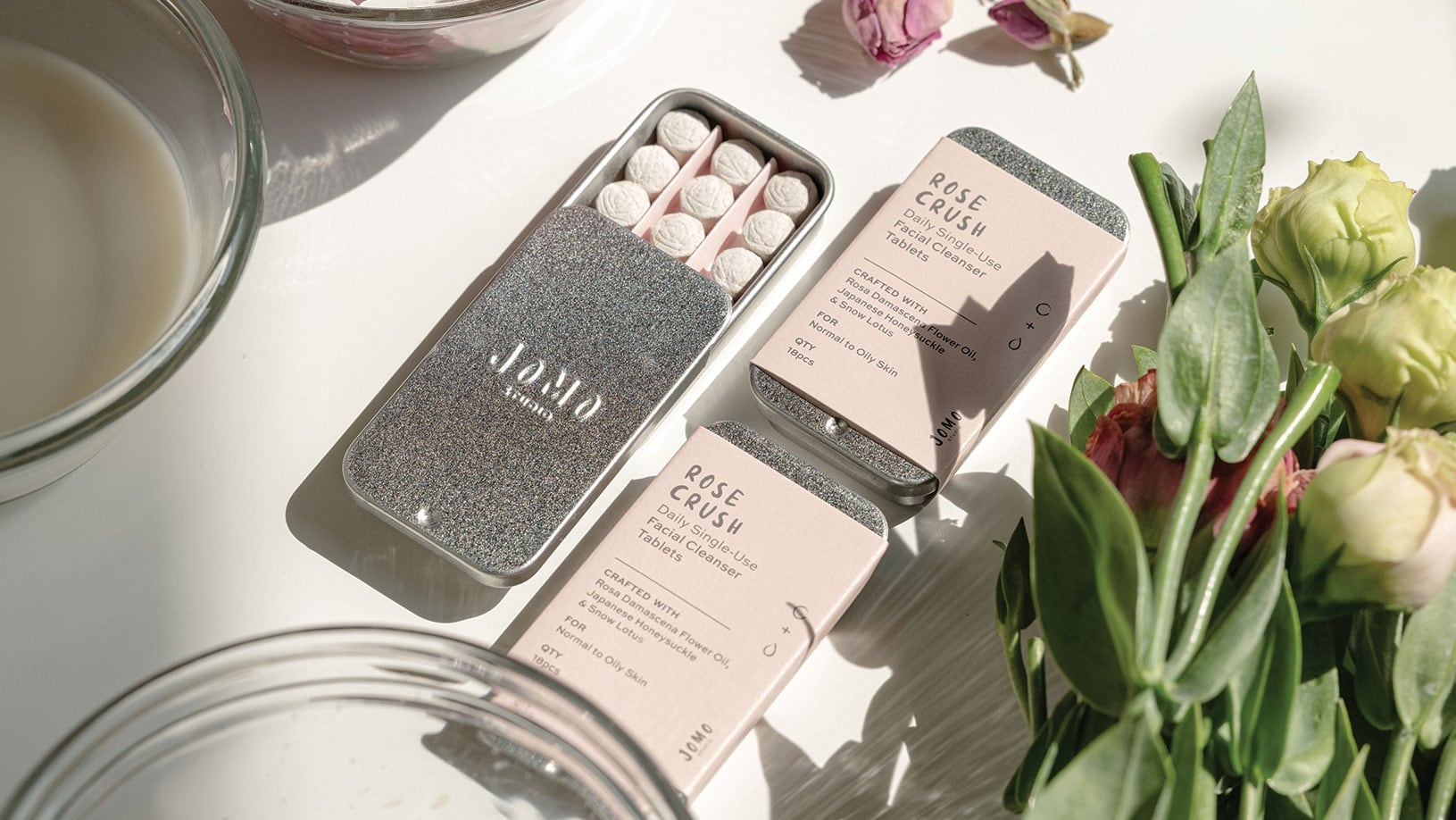Three years after Pola Orbis and All Nippon Airways (ANA) Holdings announced a partnership to jointly develop cosmetic products under the CosmoSkin project, Pola Chemical Industries Inc. has completed two formulations that have been approved by the Japan Aerospace Exploration Agency (JAXA).
Pola Chemical Industries is responsible for the R&D and production of Pola Orbis Group’s personal care and cosmetic products.
The new creations are slated to be used by astronaut Kimiya Yui during his long-duration stay on the International Space Station (ISS) from 2024.
“We believe that combining our knowledge and technology with things that have not been considered in the cosmetics field will lead to new discoveries, which go beyond existing frameworks and bring about innovative solutions.
“By taking into consideration the constraints in space, which are very different from those on land, we aimed to create products that are simple and comfortable to use in an environment where water is scarce. This technology can also be expected to be applied in various ways even on land, such as in areas where water is not readily available,” said Pola Orbis.
For items to be allowed onto the ISS, they have to fulfil three main requirements: concise and condensed, water-conserving, and non-fluid.
With its newly developed products, Pola Orbis has simplified the “space skin care routine” into two time-saving steps — cleansing and moisturising.
As water resources are particularly precious in space, the cleansing product comes in the form of a wipe-off gel that does not require rinsing.
“Put the gel on a cotton pad or tissue paper, let it absorb, then apply it to the skin and wipe it off. It can remove dirt, sweat and sebum, while leaving the skin moisturised. Because water cannot be used abundantly on the ISS, the most important sensation is that of ‘freshness’.
“The answer lies in the smooth gliding of the gel, which minimises friction between the cotton pad and facial skin, so it almost feels like water.”
In addition, the product was reviewed by 15 professional evaluators in their 30s and 40s. After using it for two days, 93.3% of them reported that they felt “refreshed” post-cleansing.
Two roles in one product
The moisturising product is a semi-solid gel-cream whose formulation consists of a three-dimensional structure that holds hydrophobic water-soluble polymers together with an emulsifying agent.
When applied, the structure disintegrates, and moisture is released and supplied to the skin, giving the result of a lotion.
At the same time, the emulsion breaks down, and the oil blends into the skin to soften and hydrate it like a face cream.
“We considered adding more oil to enhance the moisturising effect. However, if the oil content is haphazardly increased, the gel structure will be disturbed, and the user will not be able to obtain the desired refreshing feel.
“Therefore, we repeatedly examined the type and amount of oil, and developed a formulation that achieves both a change in texture and dual functionality.”
Comfort in space
To avert accidents and damage to equipment and fixtures, as well as to avoid contamination of the onboard environment, there are various restrictions on the format and composition of daily necessities that can be brought onto the ISS.
One of these criteria is “non-fluid”, in order to prevent contents of the product from scattering.
“Although this can be avoided by increasing viscosity [of the product], highly viscous formulations tend to be sticky. A common method to overcome this is through addition of alcohol. However, volatile alcohol is restricted from loading on the ISS.
“Therefore, there was a need for a new technique. As a result of repeated trials, we managed to raise viscosity without using alcohol via a formulation that is semi-solid before use and provides a ‘fresh feeling’ after. We hope that our products will enrich the skin care of every astronaut, leading to a more comfortable time in space,” the firm reiterated.





